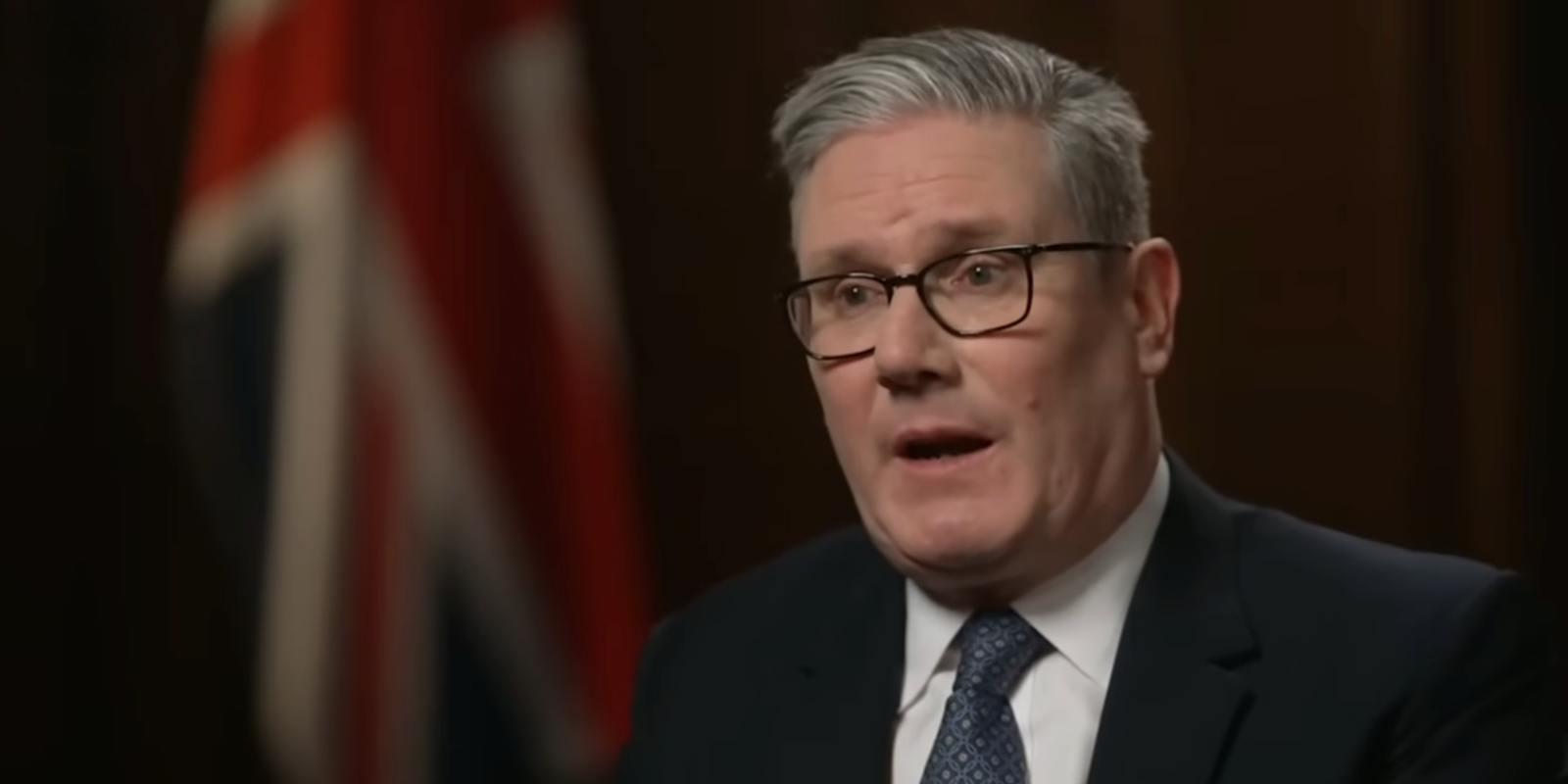Spring is finally here! What a relief!
It's time for new beginnings???and also an important new ending.
If you've been on medication of any sort???pill, liquid, injector, patch, inhaler???it???s time to get rid of those that you no longer need or that have expired.
These must be spring-cleaned out of your house.
But you have to spring-clean by the rules to effectively prevent accidental ingestion of your unneeded meds by children, pets, or anyone else.
Why proper disposal is essential
For all the good they do in the right situation and in the right hands, medications in the wrong place or wrong hands are a serious threat. A single dose of some meds can outright kill someone the med's not intended for. Others can cause reactions ranging from unpleasant to downright dangerous.
For perspective, let's pull back from the individual level???you???and see the larger context. The FDA tells us:
- Drug overdose was the leading cause of injury death in the US in 2012. Among people 25 - 64, drug overdose caused more deaths than traffic accidents.
- The overdose death rate more than doubled 1999 through 2013.
- In 2013:
- 35,663 (81.1%) of the 43,982 US drug overdose deaths were unintentional
- 5,432 (12.4%) were of suicidal intent
- 2,801 (6.4%) were of undetermined intent.
- In 2011, drug misuse and abuse caused about 5.1 million emergency room visits. Of these, more than 4 million visits were related to legal drugs
- Between 2004 and 2005, an estimated 71,000 children (18 or younger) were seen in ERs each year because of medication overdose (excluding self-harm, abuse and recreational drug use).
- Among children under age 6, pharmaceuticals account for about 40% of all exposures reported to poison centers.
This is a staggering personal and social toll???and all of the drugs involved almost certainly were found in a place where they shouldn't have been.
So, if you can reduce the chances that another person???any other person???will be harmed by access to a dangerous drug, shouldn???t you do it?
How proper disposal reduces environmental hazards
Preventing a curious kid, pet or meds "poacher" from getting hold of dangerous drugs is not the only reason for proper disposal.
Protecting the environment is another. Many, many meds pass naturally and almost completely through our bodies into our local water supplies. But even after we've used what we needed to heal or protect us, the remainder of the med's chemical formulation can pack a punch.
There's no scientific proof that these small (so far) amounts in our water are harmful to human health. But there's plenty of evidence that they seriously mess with local fish, frogs, and lobsters.
You've heard about estrogen in the water causing male fish to produce eggs?
I can't believe this is safe for humans, as some claim. As far as I'm concerned, the fish sex-change is the canary in the coal mine. I'm very worried that the affected marine life is at the top of a long list of unnatural future consequences.
Consider:
- Nearly 70 percent of Americans are on at least one prescription drug
- More than 50 percent take two
- And 20 percent take five or more prescription medications
With that volume of pharmaceutical mayhem entering our water systems every day, something's got to give. And I fear it will be serious, mysterious new illnesses or other disruptions of our bodies.
This, by the way, is one reason why I recommend you get a water filtration system for your home.
How to clean by the rules
The FDA and other government agencies offer advice and services as to the best disposal practices. Your meds packaging should also contain disposal directions, and your doctor and pharmacist will know what's recommended by the manufacturer or the FDA.
Use a Take-Back Service, if available. I support the U.S. Drug Enforcement Administration-sponsored National Prescription Drug-Take Back services. They're a good way to get rid of unneeded meds and reduce the chance that others may take them. Ask your local trash and recycling service or your pharmacist, or visit the U.S. Drug Enforcement Administration???s website for information.
Mix, wrap, and toss in household trash. If no medicine take-back program is available in your area, follow these steps to dispose of meds that don't offer other directions.
- Mix medicines (do NOT crush tablets or capsules) with an unappealing substance such as kitty litter or used coffee grounds. This will make them off limits to curious animals, kids, and predators.
- Place the mixture in a container such as a sealed plastic bag.
- Throw the container in your household trash.
- Before throwing out your empty pill bottle or other meds packaging, remember to scratch out all information on the prescription label to make it unreadable. This protects your privacy and should deter would-be meds poachers by removing the meds' details.
As I mentioned, there are several meds that can be seriously harmful and, in some cases, fatal if they fall into the wrong hands. These need to be disposed of immediately, so don???t just toss them in the trash when you???re done. Take the trash out, too.
You should have received disposal directions for your meds when you picked them up. If not, get in the habit of asking your doctor or pharmacist.
Do the right thing and start your spring clean.
You can read more about Take-Back services, disposal instructions and immediate disposal meds.





